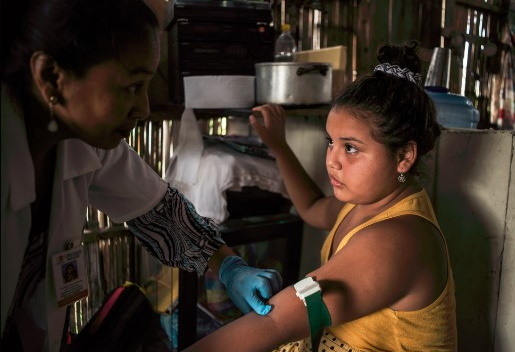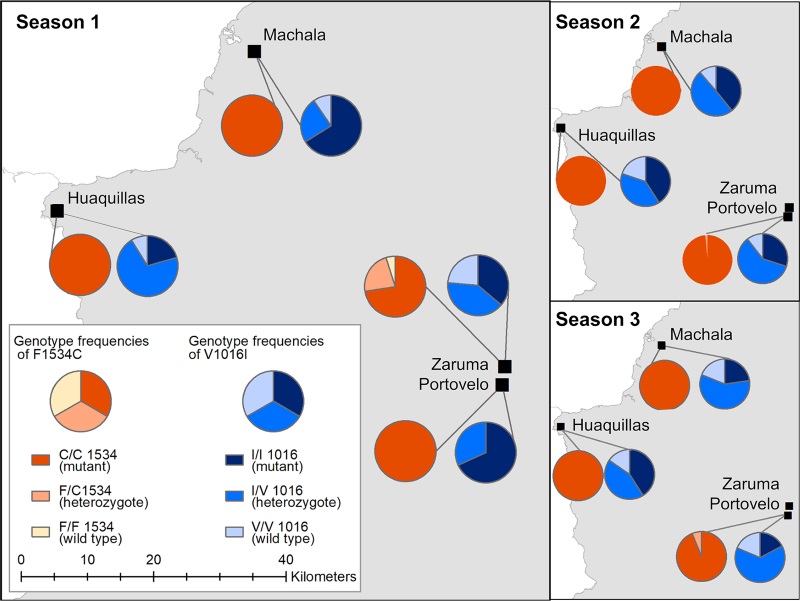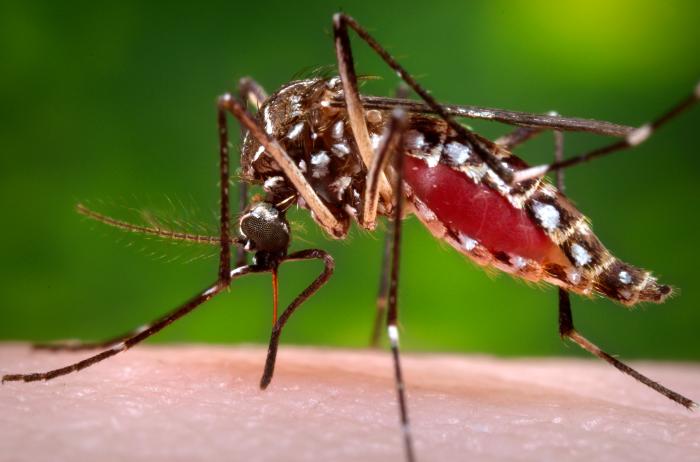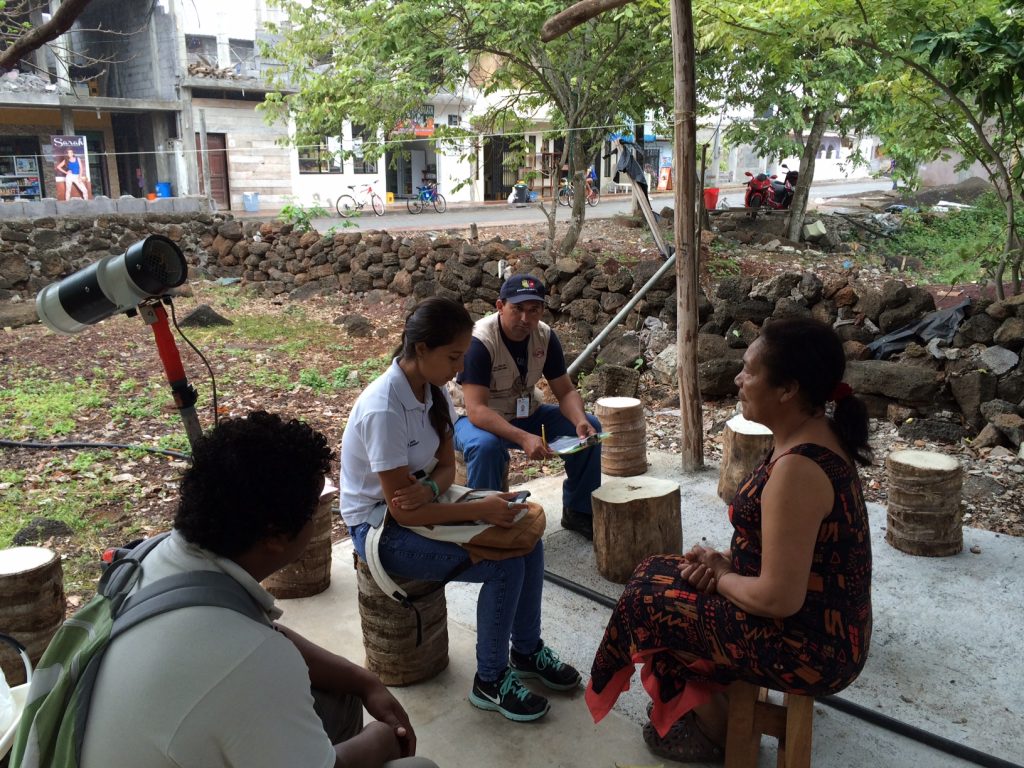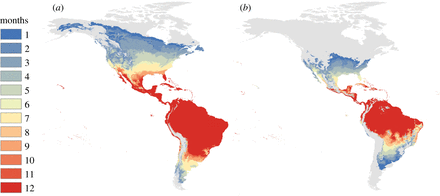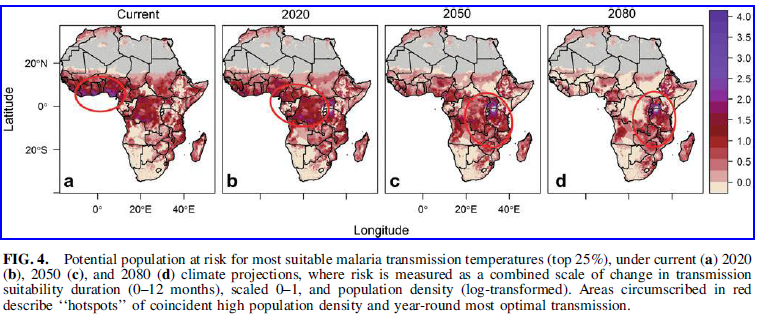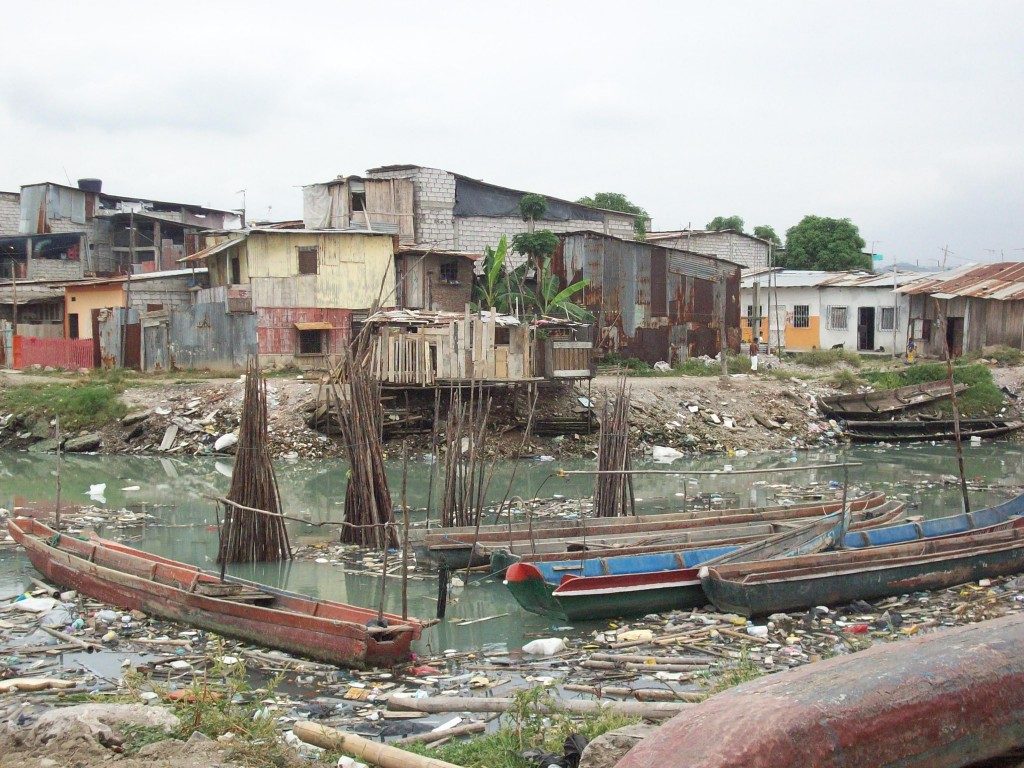Trends in mosquito species distribution modeling: insights for vector surveillance and disease control
LIPPI, MUNDIS, SIPPY, FLENNIKEN, CHAUDHARY, HECHT, RYAN – Trends in mosquito species distribution modeling: insights for vector surveillance and disease control Catherine Lippi, Stephanie Mundis, Rachel Sippy, Matthew Flenniken, Anusha Chaudhary, Gavriella Hecht, Colin Carlson, Sadie Ryan Article first published online: 28 August 2023 DOI: https://doi.org/10.1186/s13071-023-05912-z ABSTRACT: Species distribution modeling (SDM) has become an increasingly common […]
